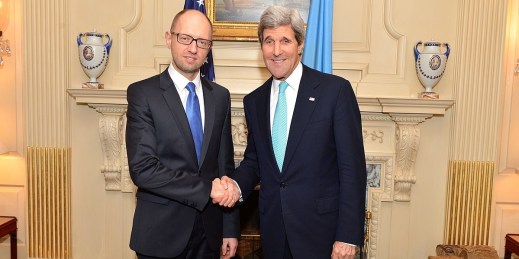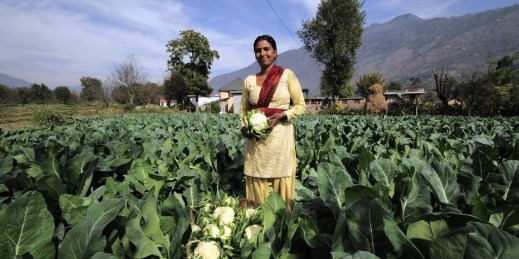
The first European Union-Africa summit since 2010 was held in Brussels earlier this month. Much of the media focus leading up to the summit was on Zimbabwean President Robert Mugabe’s failed bid to instigate a boycott of the meeting by African leaders after his wife was refused a visa to enter Europe. Beyond these headlines, however, the issue of trade relations between the two parties continues to be one of pressing importance. The EU has been negotiating Economic Partnership Agreements (EPAs) with African, Caribbean and Pacific (ACP) countries since 2002. The final declaration of the Brussels summit this year included […]





